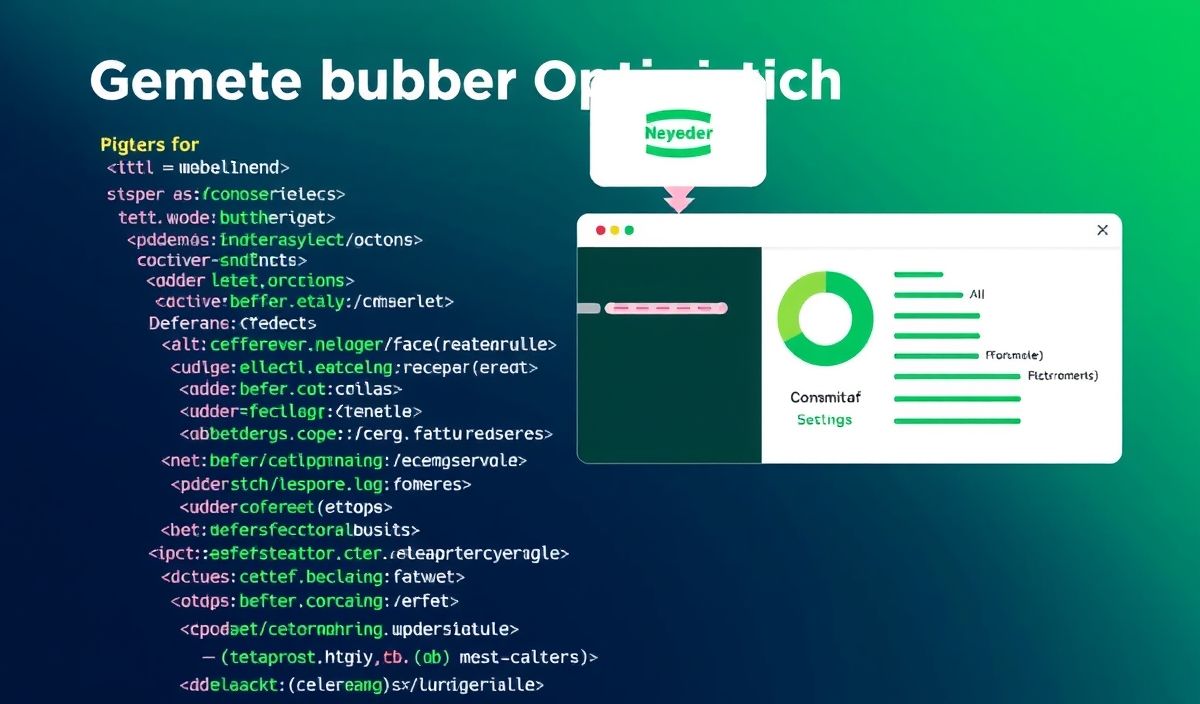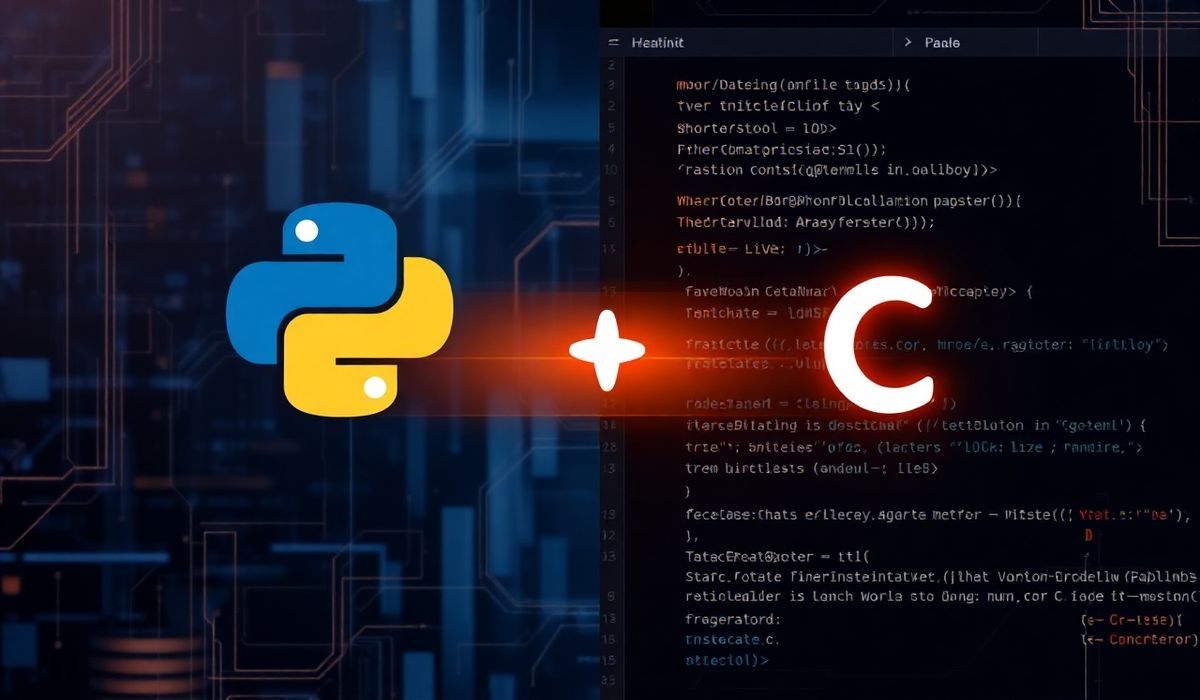Introduction to Abstract Logger
Abstract Logger is a crucial component for any scalable application, providing essential logging functionality that helps in tracking, debugging, and monitoring application behavior. This guide will introduce Abstract Logger, its numerous API functions, and provide actionable code snippets to enhance your development process. Let’s dive into the world of Abstract Logger!
Basic Usage of Abstract Logger
class AbstractLogger {
log(level, message) {
// Implement logging logic here
}
info(message) {
this.log('info', message);
}
warn(message) {
this.log('warn', message);
}
error(message) {
this.log('error', message);
}
}
Advanced Logging Techniques
Abstract Logger supports advanced logging techniques such as timestamps and context information.
Logging with Timestamps
class TimestampLogger extends AbstractLogger {
log(level, message) {
const timestamp = new Date().toISOString();
super.log(level, `${timestamp} - ${message}`);
}
}
const logger = new TimestampLogger();
logger.info('This is an info message');
Contextual Logging
class ContextLogger extends AbstractLogger {
constructor(context) {
super();
this.context = context;
}
log(level, message) {
super.log(level, `[${this.context}] ${message}`);
}
}
const appLogger = new ContextLogger('AppContext');
appLogger.warn('This is a warning with context');
API Overview
log(level, message)
Logs a message at the specified log level.
logger.log('debug', 'Debugging information');
info(message)
Convenience method for logging an info message.
logger.info('Informational message');
warn(message)
Convenience method for logging a warning message.
logger.warn('Warning message');
error(message)
Convenience method for logging an error message.
logger.error('Error message');
Full Application Example
Here is a full example of how to use Abstract Logger in a real-world application:
class MyAppLogger extends AbstractLogger {
log(level, message) {
console.log(`[${level.toUpperCase()}] ${message}`);
}
}
class MyApp {
constructor() {
this.logger = new MyAppLogger();
}
run() {
this.logger.info('Application starting...');
try {
// Application logic
this.logger.info('Application running successfully!');
} catch (error) {
this.logger.error('An error occurred: ' + error.message);
}
this.logger.info('Application ended.');
}
}
const app = new MyApp();
app.run();
The example above demonstrates initiating a logger instance in a hypothetical application and using it to log different levels of messages throughout the application’s lifecycle.
By utilizing Abstract Logger, developers can ensure their applications maintain robust and informative logging practices, thereby enhancing the ability to diagnose and address issues effectively.
Happy Logging!
Hash: 714fc5a9e2ff2c12a0908e728b2ccc1d628fcb988e4d76b4501e91760d3290b9




